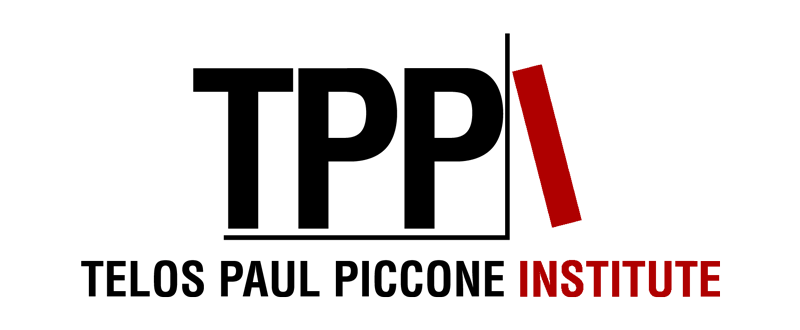The Telos-Paul Piccone Institute
Critical Theory for Practical Problems
Our Perspective
The Telos-Paul Piccone Institute develops new ideas for addressing the challenges of modernity worldwide through the resources of particular communities and traditions. Centered around a unique international group of scholars and practitioners, the Institute combines critical analyses of issues of modernity with a sense for alternative approaches in order to create innovative policy ideas. At the same time, the focus on communities and traditions grounds this vision in terms of local perspectives and decision-making.
How We Are Unique
Continuing the journal's legacy of independence, the Telos-Paul Piccone Institute is not tied to any specific school, university, or interest group. Its work in areas such as social theory, political philosophy, aesthetics, and contemporary culture stands out from other academic institutions in that its problem-oriented focus allows for both the productive use of ideas from multiple scholarly disciplines and a bridging of the divide that all too often exists between academia and the world at large. By bringing a multiplicity of voices into critical engagement with one another, this approach enables pioneering research and fresh ideas for public policy debates.
What We Do
Through regular, international conferences, the Institute promotes scholars working in all parts of the world in order to develop a unique perspective on current events, including issues of democracy, authoritarianism, cross-cultural conflict, the relation of religion and politics, economic crises, and the contemporary meaning of technology and the natural sciences. The resulting research is made available through the affiliated journal Telos, which has maintained an international reputation as a source of intellectual innovation since its inception in 1968.
In order to ensure that the discussion is as inclusive as possible, the Institute actively supports the work of both accomplished scholars and not-yet-established researchers, organizing meetings in locations worldwide, offering grants to researchers, and providing free subscriptions to the journal. The Telos-Paul Piccone Institute thus creates a truly international public space for well-informed debate of the issues that face us all but that demand context-specific responses.
